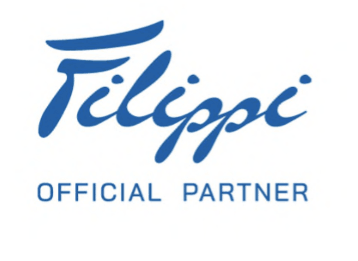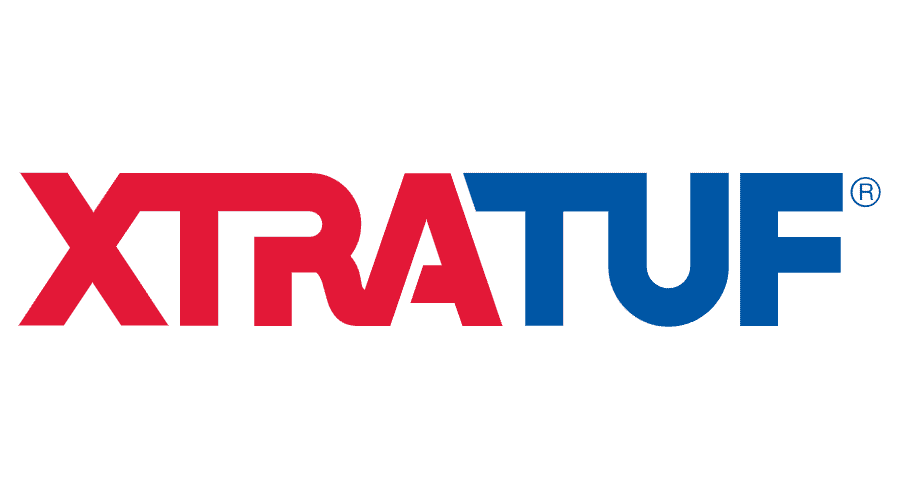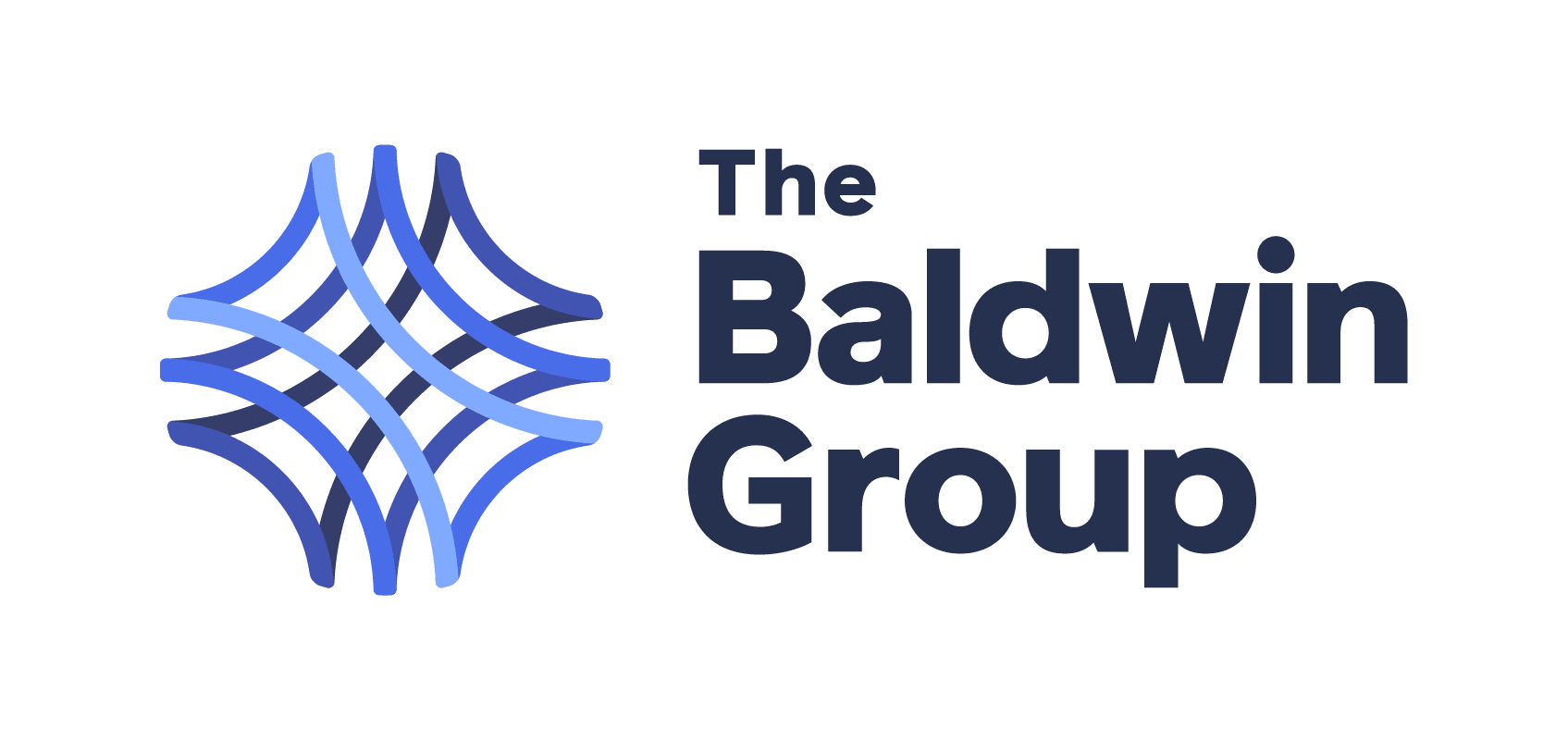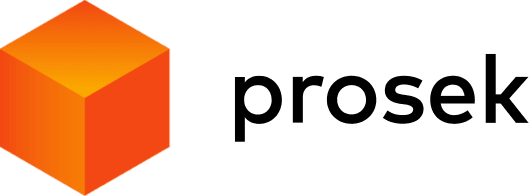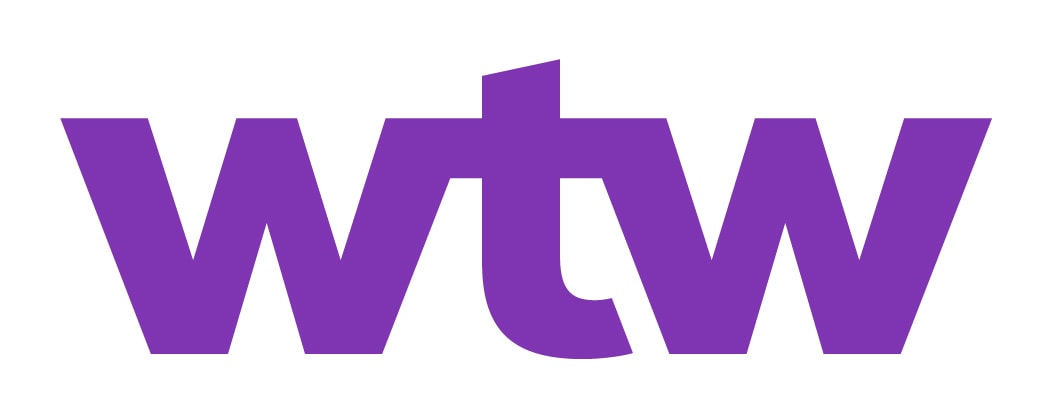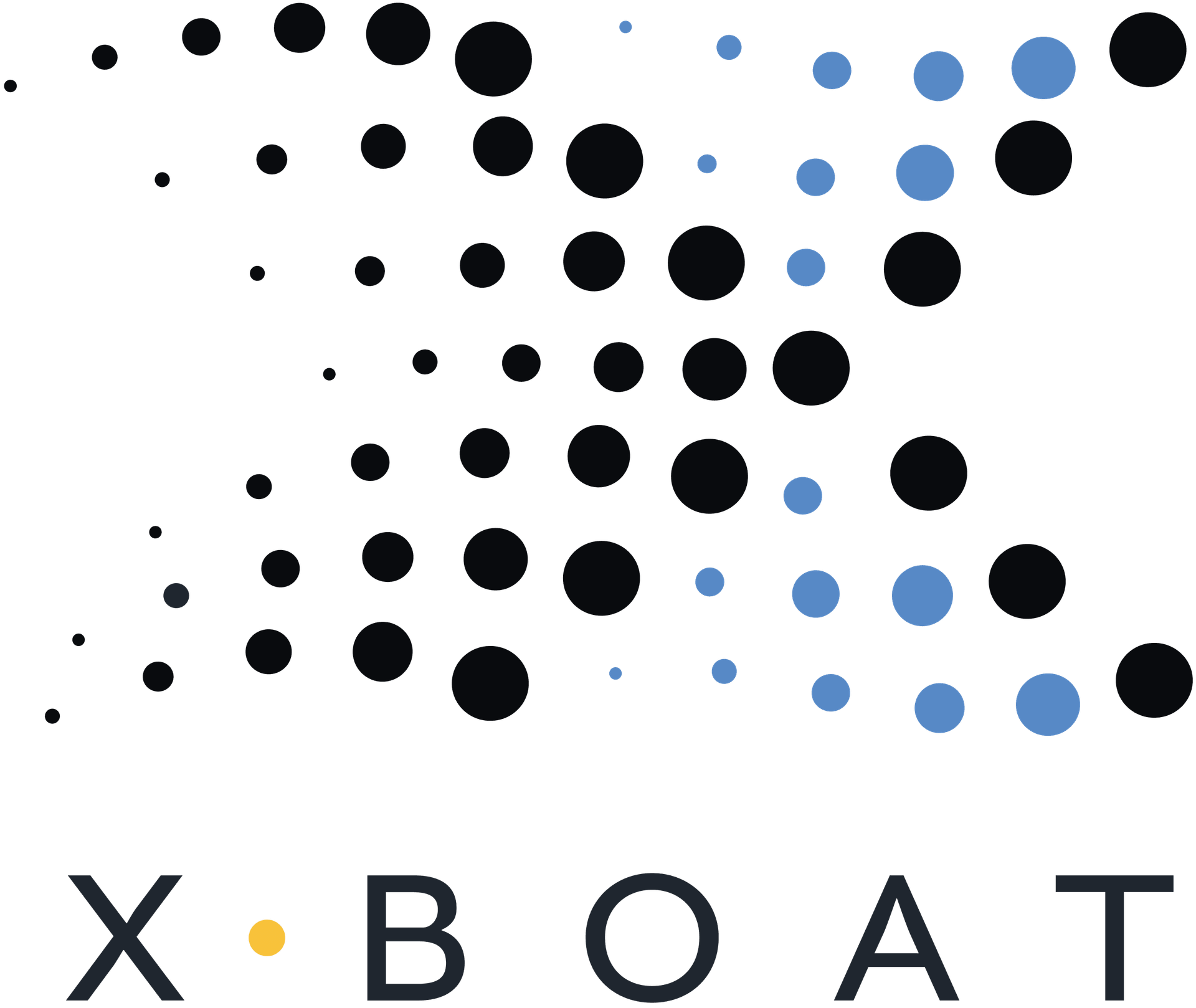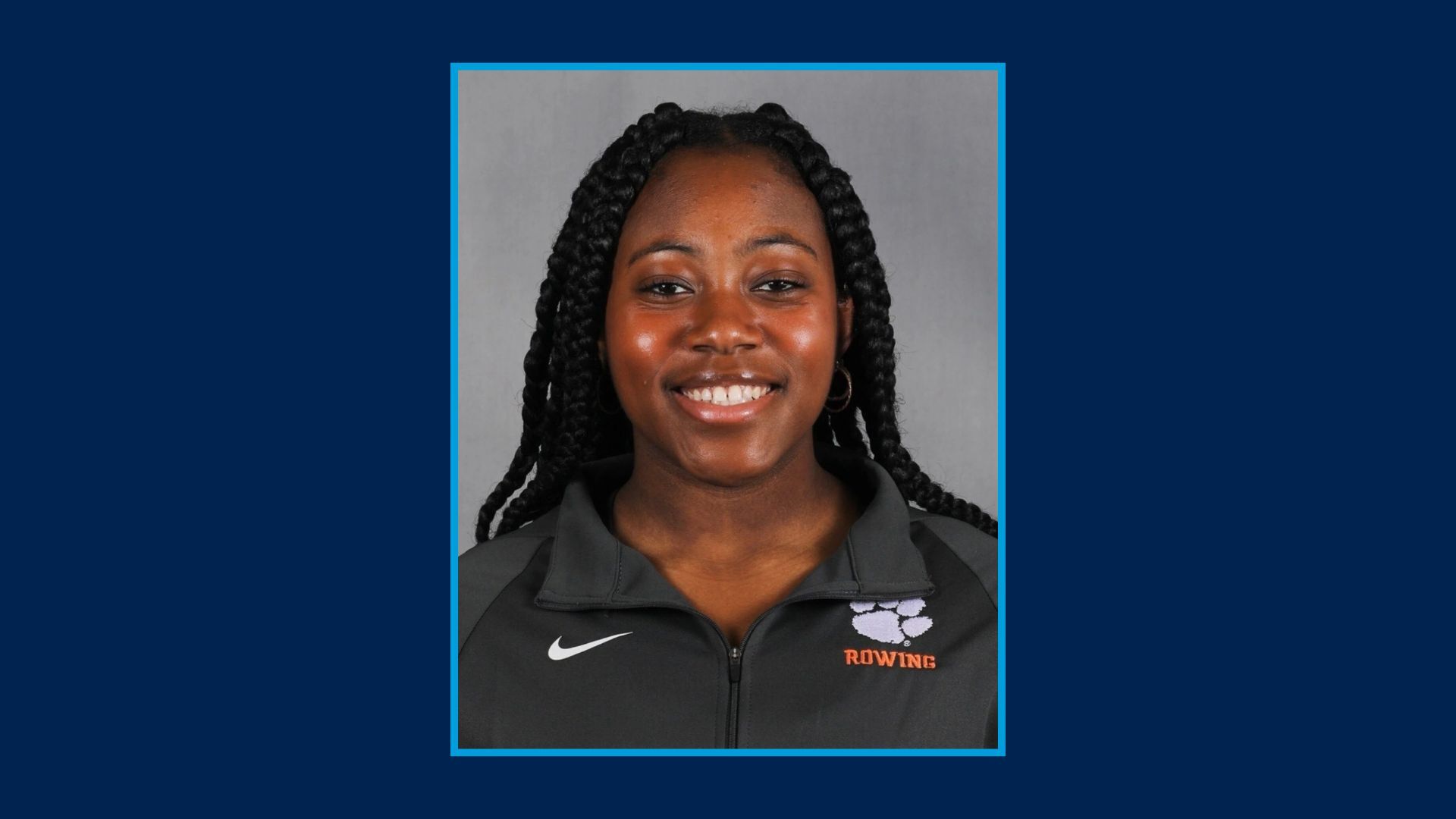
Apr 09, 2025
United We Row
Meet BRAID's Joy Neal
BRAID is one of this year's Shop for a Change businesses USRowing is highlighting through May. BRAID stands for Black Rowers Amplifying Inclusion and Diversity, they’re committed to creating a safe, supportive, and empowering space for Black girls to connect, grow, and thrive in the rowing world. Their mission is to amplify the message that Black rowers are invaluable and essential to this sport. Co-founded by Amari Randall and Joy Neal, their vision is a rowing community where Black athletes are seen, celebrated, and supported. To support their goal, shop here.
What was your driving force for creating BRAID?
The driving force behind creating BRAID was the feeling of isolation I experienced as one of the few Black rowers on my team. Rowing is a predominantly white sport, and while I love it, there were times when I struggled with not having teammates who could truly relate to my experiences, especially when dealing with difficult or ignorant comments in response to recent events. It was challenging to navigate those moments without a support system that understood what I was going through.
Rather than letting that isolation discourage me, I felt called to create a space where Black rowers could connect, support each other, and feel seen. BRAID was born out of a desire to build a community where we don’t have to explain our experiences, we just get it. It’s about making sure that no other Black rower feels like they’re alone in this sport and showing that we belong here, too.
Who has inspired you in life?
Coach Ashley Pryor has been a game changer in my life. She’s a first-generation college student who has broken barriers as a championship-winning rower, coach, author, and founder of Relentless Rowing Academy which is one of the few Black-led rowing programs in the U.S. I first met coach Ash in 2020 when she started her program, and I had the opportunity to mentor younger rowers under her leadership. Her coaching style was intense yet uplifting, and she pushed me to grow both on and off the water.
Beyond her impact in rowing, coach Ash’s resilience in the face of adversity has been incredibly inspiring. As one of the inaugural Peloton Row instructors, she faced criticism about her appearance due to weight gain from Hashimoto’s disease, an autoimmune condition. Rather than letting negativity define her, coach Ash used her platform to champion body positivity and challenge rigid ideas of what an athlete ‘should’ look like. She has said, “We need more balanced storytelling to shift the narrative of what an athlete looks like, what an athlete can be, and being able to celebrate what all those bodies look like.” Her commitment to self-love and representation is something I deeply admire, and she continues to pave the way for Black athletes in rowing by showing that strength comes in many forms.
What impact do you hope BRAID has on the community?
I hope BRAID creates a lasting impact by building a strong, supportive community for Black rowers where we feel seen, heard, and valued. Representation matters, and I want BRAID to show current and future Black athletes that they belong in this sport. Beyond just connection, I want BRAID to be a resource that provides mentorship, guidance, and opportunities to help Black rowers navigate the sport at all levels.
Long-term, I hope BRAID helps shift the culture of rowing by advocating for greater diversity, inclusion, and awareness. By amplifying our voices and experiences, we can push for meaningful change in recruitment, coaching, and overall representation in the sport. Ultimately, I want Black rowers to know they are not alone. We are here, we belong, and we are making space for each other.
How has your journey in rowing driven your activism?
Being a Black woman in America comes with its challenges, and stepping into a predominantly white sport like rowing only amplifies those difficulties. There were moments when I felt isolated, when I had to navigate ignorance or microaggressions, and when I questioned whether I truly belonged in this space. Those experiences shaped me, but they also strengthened my resolve.
I felt called to activism in 2020 after the murder of George Floyd. That moment forced me to confront not just the realities of systemic racism but also how those realities played out in my own life, including in the sport I love. Rowing has given me so much, but it has also shown me where change is needed. I realized that if I wanted to see more Black athletes in this sport, if I wanted future rowers to feel supported and valued, then I couldn’t stay silent.
For me, rowing is a space where my voice needs to be heard. Through BRAID and my advocacy, I hope to make this sport more inclusive, more welcoming, and more aware of the experiences of Black rowers. My journey in rowing has driven my activism by showing me not just the barriers that exist but also the power I have to help break them down.
What are your passions beyond college?
Beyond college, I am passionate about pursuing a career in law, particularly in advocating for social justice and systemic change. I’ve always been driven by the desire to make a meaningful impact, and law school is the next step in equipping myself with the tools to fight for those who are underserved and underrepresented. I’m deeply committed to working on issues like racial equity, criminal justice reform, and civil rights, and I believe that a legal career will allow me to contribute in a significant way to these causes.
What advice do you have for young athletes coming up in the rowing world?
Do not be afraid to speak out. There will be times when you feel like you don’t belong or when the pressure to stay silent feels overwhelming, but using your voice is powerful. The challenges you face today will shape who you become, and in the end, it will all be okay. Keep pushing forward, stay true to yourself, and know that your perspective matters.




